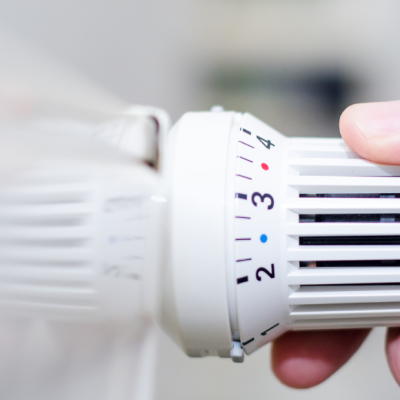The Covid-19 pandemic and the ongoing conflict in Ukraine have led to high inflation rates in Germany. A recent survey conducted by market research firm YouGov has shed light on the impact of this inflation on consumer behavior in the country. The survey, which was conducted in April 2022 and involved 2,052 participants, found that a majority of Germans (81%) are cutting back on their private consumption due to higher prices. Nearly half (48%) have postponed planned purchases, with older people being particularly affected.
The survey also revealed that many Germans are cutting back on essential items such as food and household goods, with 23% reporting that they are saving money on these items. Additionally, higher prices for fuel have led to a reduction in car usage, with 35% of respondents reporting that they are driving less. Seniors are among the hardest hit by inflation, with more than half (59%) of those over 55 years old reporting that they are cutting back on electricity usage due to high prices.
The survey also found that Germans are cutting back on non-essential items such as dining out, buying new clothes, and going on vacation. Many households are also reducing spending on home renovations and the purchase of new appliances and cars. Only a small percentage (15%) of respondents reported that they are not feeling the effects of inflation and are continuing to consume as usual. When making purchasing decisions, Germans are primarily focused on price, with 60% citing it as the most important factor. Quality, regional origin, availability, and sustainability are also important considerations for many consumers.
Overall, the survey highlights the significant impact of inflation on consumer behavior in Germany. With many households cutting back on essential and non-essential items alike, it is clear that the effects of the pandemic and ongoing conflict in Ukraine are being felt deeply by the German population.










